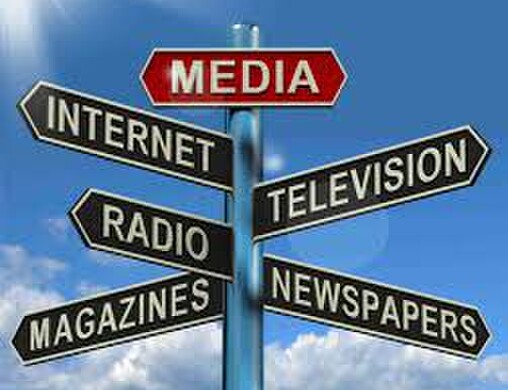Tips for adding media as a communications channel
Proactively working with the media doesn’t make sense for every business. But when it does, it’s important to ensure your media relationships are built and fostered properly from the very first contact with journalists.
So, when does it make sense for a business to include media as a communications channel? Generally, media relations is something your organisation should consider if you need to reach:
Customers
Good news stories picked up by the media can play a key role in helping your organisation build a favourable reputation. That’s because mainstream media is still considered a trusted source of information. As much as we like to complain about the media and as much as world leaders discredit it, media as a communications channel remains a credible source.
Using news stories to reach your customers can help to leverage your marketing efforts and boost your reputation among those who are buying your products.
Community
Reputable businesses care for their community and act as good corporate citizens which, in turn, helps to provide the all-important social license to operate.
Keeping your community informed about your organisation’s milestones and significant happenings through the media is a great way to keep a mass audience informed and on your side. While media communication should never be substituted for building direct relationships with key community groups or members, it can be a cost-effective and powerful channel for informing many people all at once.
Staff
Media is a great way to build pride in current staff and create a reputation that attracts new staff. Seeing a positive story about your employer in the media simply makes staff feel good which can play a small part into building staff loyalty and purpose. Having a constant stream of positive stories in the media is also a tool you can use to build a reputation among the general workforce as a quality employer.
If you think working with the media might make sense for your organisation, here are a few things to consider before you get started:
Start small
If you haven’t done much media communication in the past, pick one or two journalists to work with on a story rather than dozens all at once. Select a journalist who works for a key publication where you’d like to see your news story land. Send them a brief email about your story and go from there.
Plus, journalists will be more likely to pick up a good news story if they know you haven’t blasted the news out to every media outlet you could think of.
Be patient
If you haven’t distributed much news before, be prepared for some disappointment. It might take some time for journalists to get to know who you are and get used to seeing news stories come through from you. Media want to work with credible sources who provide them with great content. If they don’t know you well, they may be cautious about picking up your stories at first. So, be patient and be persistent.
Consume the news
Before you start developing your own news stories and trying to get journalists to pick them up, it’s important to thoroughly understand what sort of writing style, headlines and story angles the media is looking for. Read a lot of news stories, listen to radio and watch TV. Understand what sorts of stories interest the media and match your writing style to the types of news stories you see printed in papers and online. Matching a journalist’s style will put you one step ahead of what your competition might also be putting out there.
Focus on win-win-win
The best news stories provide a win-win-win. The journalist wins when she can work with you on an interesting story that no other journalist has. Your audience wins when they are better informed about your company. And, of course, you win when your reputation is bolstered through positive news being shared through a credible media channel.
